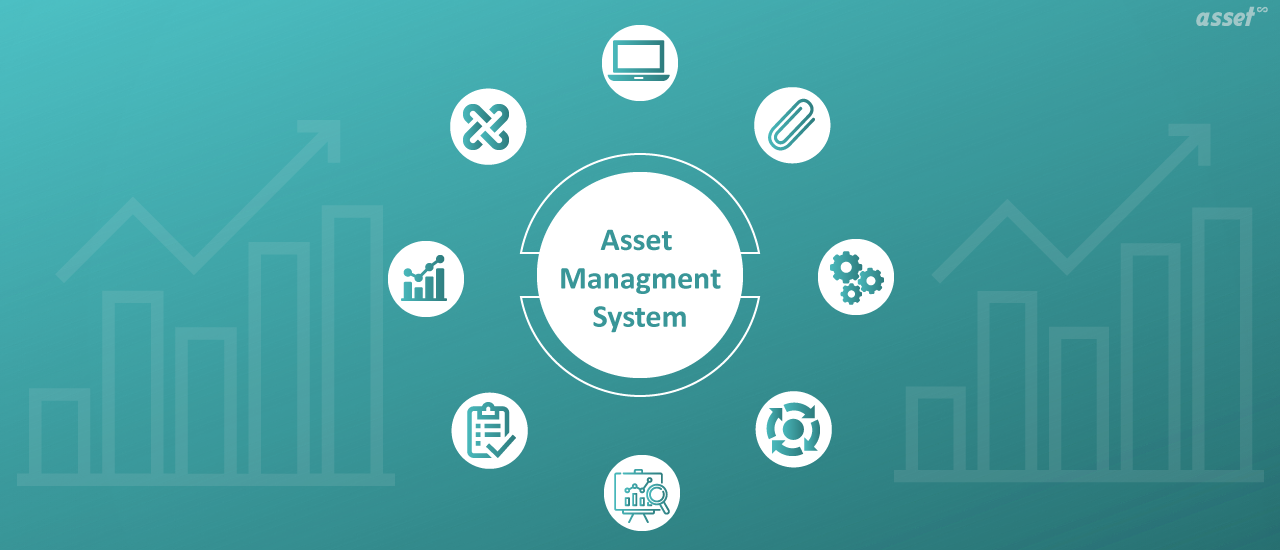There are two types of assets in any company: fixed and current. Fixed assets are the ones that are available for long-term use and current assets are the ones used for a short span of time. Asset management refers to the process of developing, operating, maintaining, and selling all types of assets of a firm or business in a cost-effective manner.
Importance of Asset Management
Every business needs to keep a track of all the assets it owns as it helps stakeholders get a clear insight of their availability. If done properly, asset management can help optimise the operations of a business, including the planning, resources, their use, etc., and derive greater ROI. Other than that, asset management is also important because:
- It helps in the managing of assets from different locations. An organisation can also create an inventory report that might be required for other purposes.
- With asset management you can make sure that the amortisation rates are accurate. If assets are managed properly, it ensures that the financial statements are also accurate.
- Implementing a risk management plan becomes much easier. When all assets in a business are managed properly, It is a lot easier to identify risks involved, and come up with a solutions to mitigate the samet.
- With proper asset management, you can lower the chances of theft incidents taking place in your business.
- It helps remove ghost assets in your business inventory. Ghost assets are the items that have been stolen or lost but are still present in your inventory records. Such items can cause conflicts in your records.
For larger businesses, with a larger number of assets, it is not feasible to manage all of them in-house. In such scenarios, an asset management service like the IBM Maximo Asset Management software comes into the picture. It helps with workflow process management and asset lifecycle management. And the best thing about this system, that it can be seamlessly integrated with any existing financial applications as well.

Comments
Post a Comment